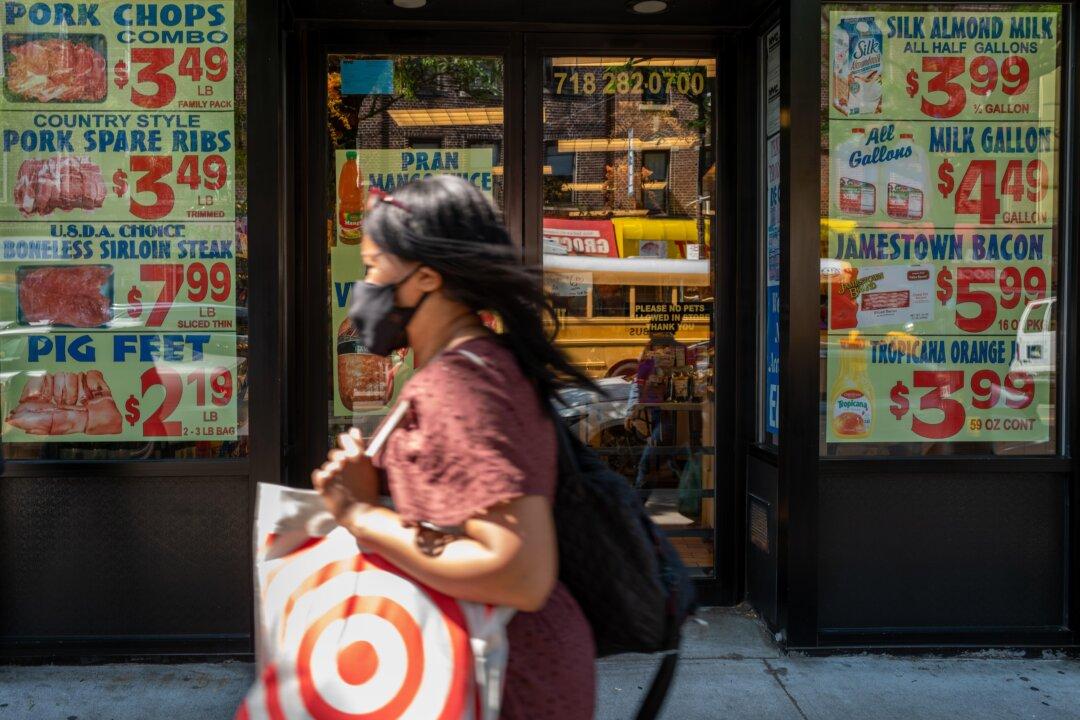A new poll shows that 70 percent of Americans believe a recession is coming and around two-thirds of those say they’re not financially prepared to face one down.
The survey, carried out by MagnifyMoney on a sample of 2,082 respondents, shows Americans are pessimistic about their odds of dodging a recession.





